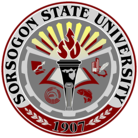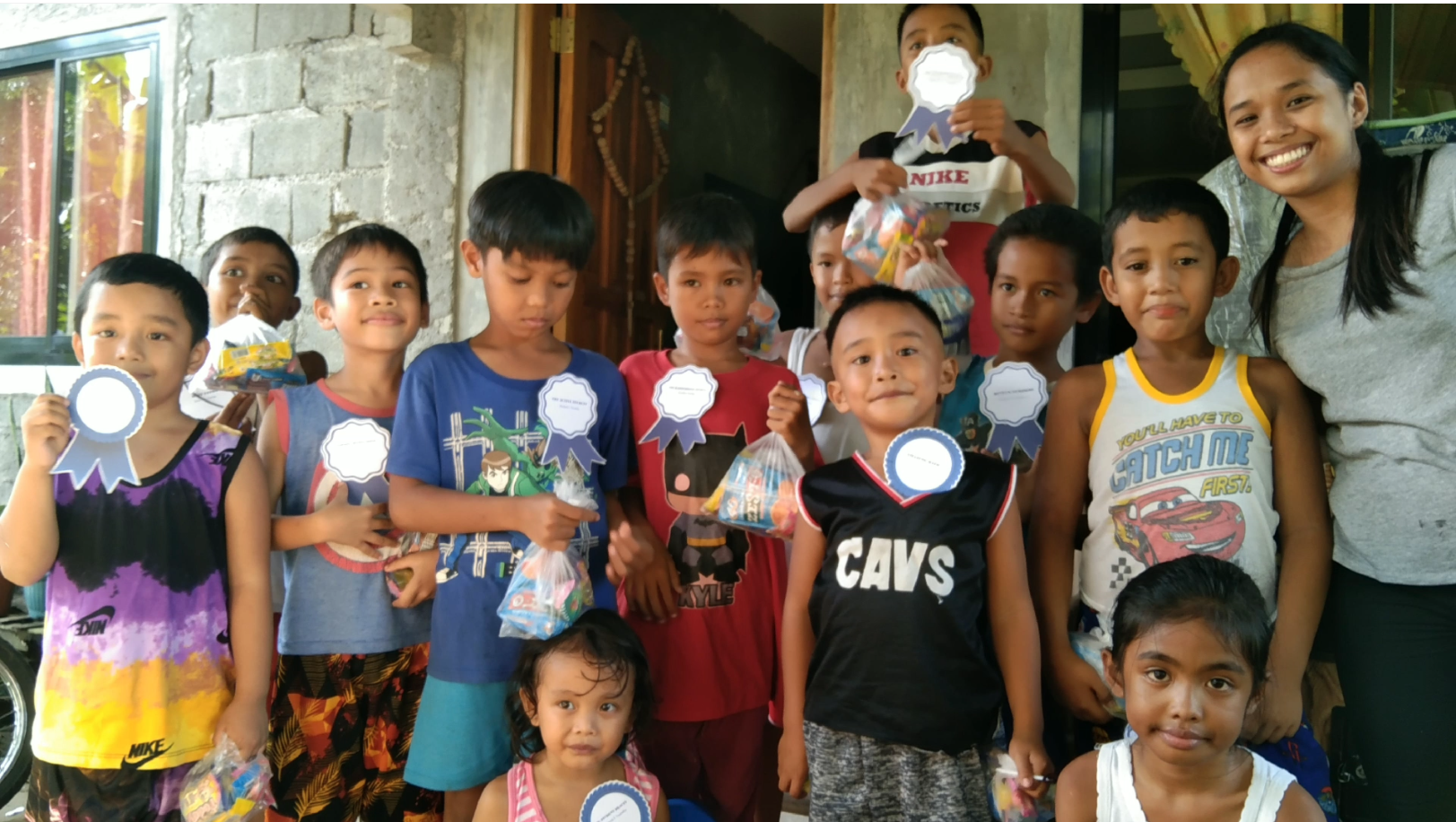Introduction
The Sorsogon State University started offering the National Service Training Program (NSTP) during the first semester of SY 2002-2003. This was in compliance with Republic Act 9163 which was signed into law by Pres. Gloria Arroyo last March 23, 2002, “establishing the National Service Training Program (NSTP) for tertiary level students amending for the purpose Republic Act No. 7077 and Presidential Decree No. 1706…”. Section 10 of the Act provides that the school authorities shall exercise academic and administrative supervision over the design, formulation, adoption and implementation of the different NSTP components in their respective schools.
NSTP is aimed at enhancing civic consciousness and defense preparedness in the youth by developing the ethics of service and patriotism while undergoing training in any of its three program components, namely the Reserve Officers Trainings Corps (ROTC); The Civic Welfare Training Service (CWTS); and the Literacy Training Service (LTS).
Sorsogon State University offers and implements three of the program components of NSTP: The ROTC, CWTS and LTS. The ROTC provides military training to incoming freshmen students to motivate, train, organize and mobilize the latter for national defense preparedness. CWTS, on the other hand, refers to activities’ contributory to the general welfare and the betterment of life of the members of the community as well as for the enhancement of their facilities, especially those devoted to improving health, education, environment, entrepreneurship, safety, recreation and morale of citizenry and other social welfare services. CWTS serves as an option for incoming freshmen who do not wish to undergo military training and opt for community service. LTS is a program designed to become teachers of literacy and numeracy skills to school children and out of school youth.
Vision
The SorSU, through the NSTP, envisions honing and production of valuable, effective and efficient contributing members of the National Service Reserve Corps and the Citizen Armed Force who will serve as agents of peace and change and are community advocates.
Mission
The SorSU-NSTP obliges itself to encourage, develop and involve students for civic welfare and national defense preparedness by conducting capability enhancement projects and activities that strengthen the students’ values and traits while working harmoniously with the community and other stakeholders.
NSTP generally aims to promote civic consciousness and defense preparedness among the youth by developing the ethics of service and patriotism while undergoing training. (Sec 3a of NSTP Law)
SorSU-NSTP specifically aims to:
- Familiarize students with the NSTP law, its concepts, legal implications and its implementation at the university.
- Coordinate and conduct NSTP activities and projects that contribute to the betterment of life of members of the community.
- Train, mobilize and involve students in activities and projects contributory to the development of the immediate locality or community through the National Service Reserve Corps
- Produce students that are civic-conscious, service-oriented and with enhanced intellectual, moral, spiritual, technical and social well-being.
The National Service Training Program of Sorsogon State University plays a vital role in honing incoming first year college students to become service-oriented and civic-conscious. Development of values and ideals are emphasized and intensified in NSTP classroom instructions where students, for two semesters, are informed, trained, mobilized and involved in community works. The instructions basically deal with lectures and training which students need to acquire to becoming responsible citizens that are contributing for the improvement of the community in the immediate locality.
The SorSU-NSTP Office, therefore, prepares, coordinates, consolidates and operationalizes the NSTP-ROTC, LTS and CWTS program of the University. It recommends to the University, policies for the attainment of the objectives of the NSTP components.
The three program components of the Program are:
1. Reserve Officers’ Training Corps (ROTC) which is designed to provide military training to tertiary level in order to motivate, train and organize and mobilize students for national defense preparedness;
2. Literacy Training Service (LTS) which is designed to train the students to teach literacy and numeracy skills to children, out of school youth and other segments of society in need of their service; and
3. Civic Welfare Training Service (CWTS) which refers to activities’ contributory to the general welfare and the betterment of life for the members of the community or the enhancement of its facilities especially those devoted to improving health, education, environment, entrepreneurship, safety, recreation and moral of the citizenry and other social welfare services.
To implement the program and projects in the most effective and efficient manner, SorSU-NSTP Office will use the following strategies:
- Conduct or participate in trainings, seminar-workshops and information dissemination activities on relevant NSTP areas.
- Operationalization of linkages and networking with different development institutions for joint NSTP undertakings
- Development of project management schemes to sustain implementation of meaningful NSTP programs
- Continuous monitoring and evaluation of the management system to cope with the changing opportunities and threats.
- Coordination with the SorSU-Disaster Risk Reduction and Management Office and Local Disaster Risk Reduction Management Offices.
- Acquisition and provision of state-of-the-art facilities and learning materials for all the program.
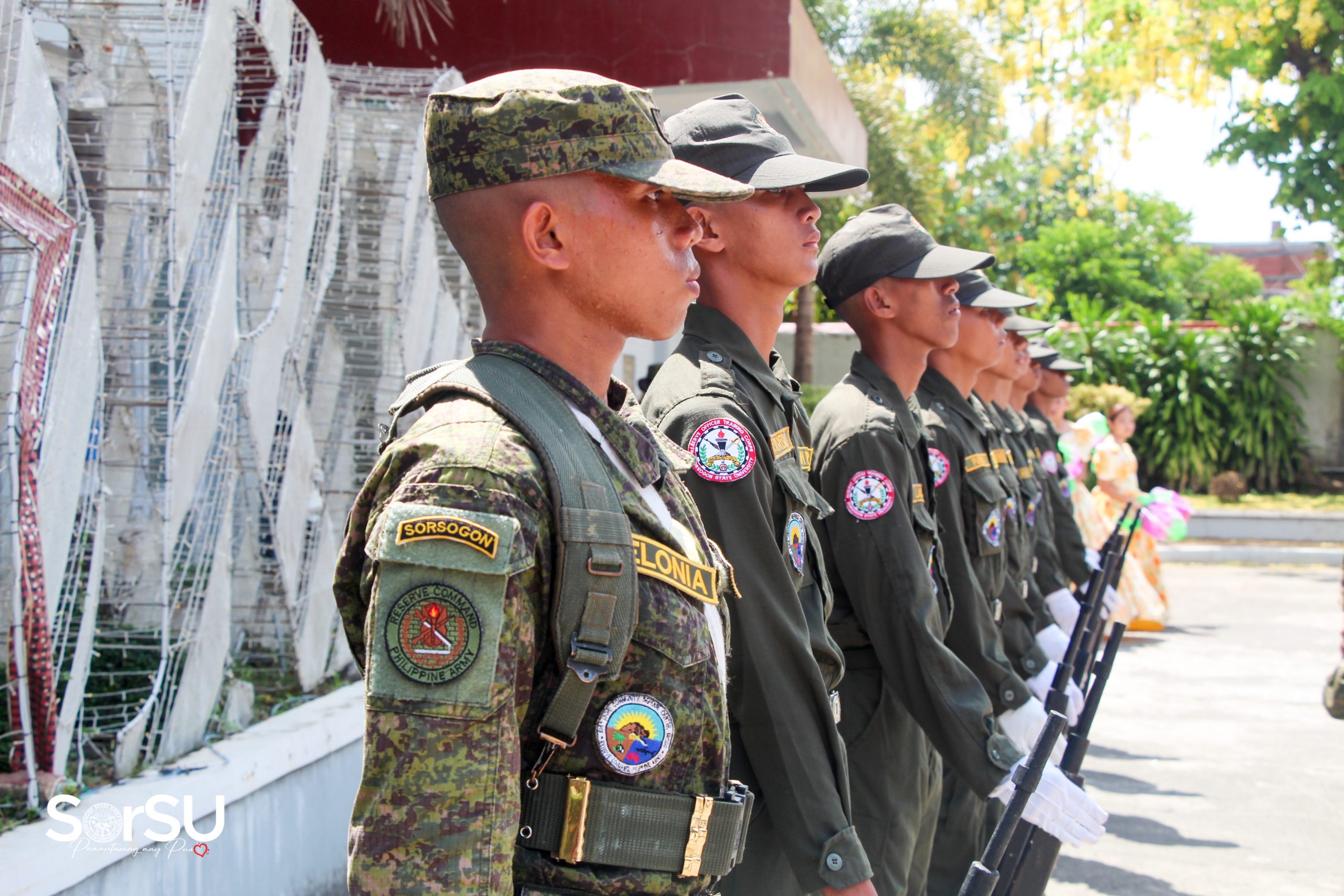
Reserve Officers’ Training Corps (ROTC):
This component focuses on military training and discipline. It aims to develop the students’ leadership skills, physical fitness, and civic consciousness. SorSU’s ROTC program instills discipline and fosters a sense of responsibility among its participants, preparing them for possible future roles in the military or other leadership positions.
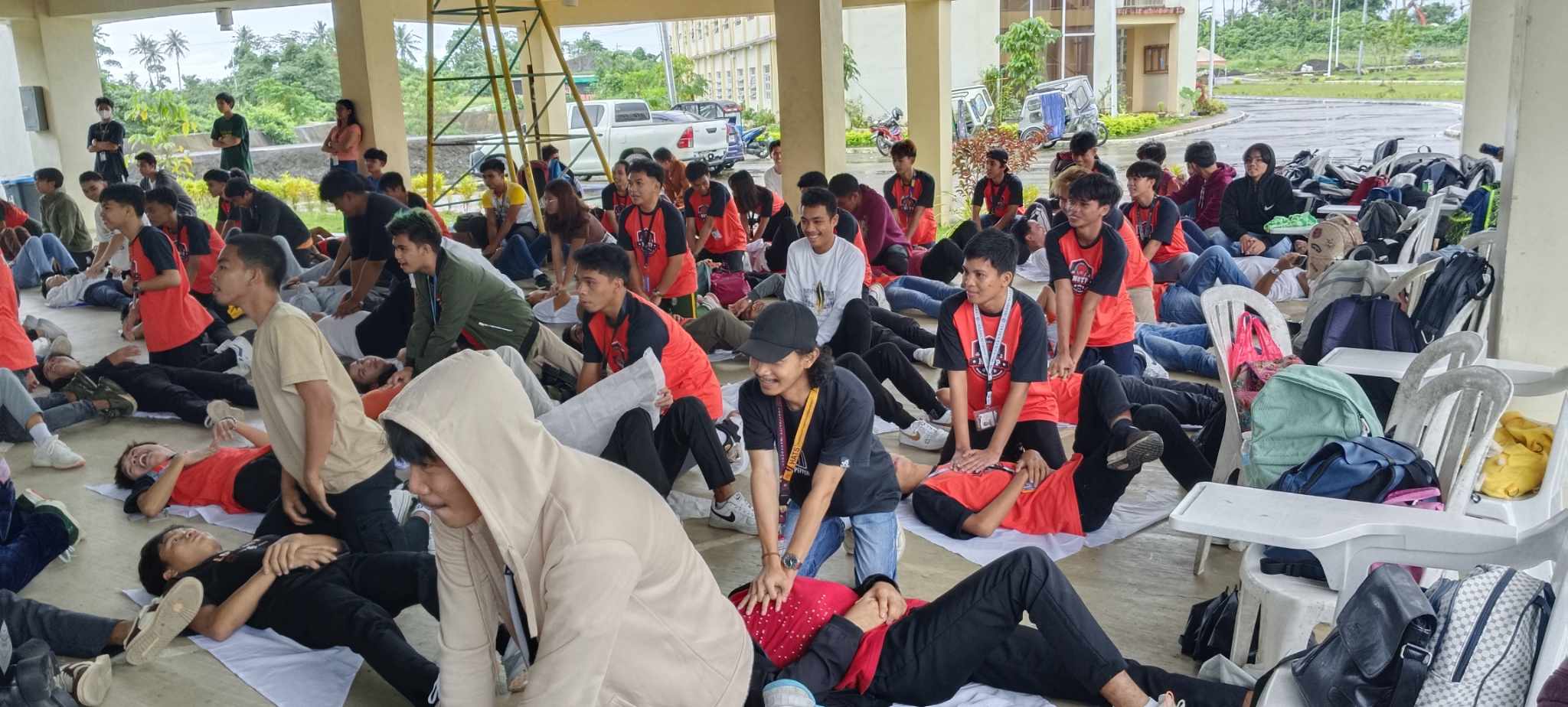
Civic Welfare Training Service (CWTS):
CWTS focuses on community development and social responsibility. Through CWTS, students are involved in various community projects such as environmental conservation, disaster preparedness, health education, and socio-economic empowerment programs. SorSU students actively engage with local communities, addressing their needs and contributing to their overall well-being.
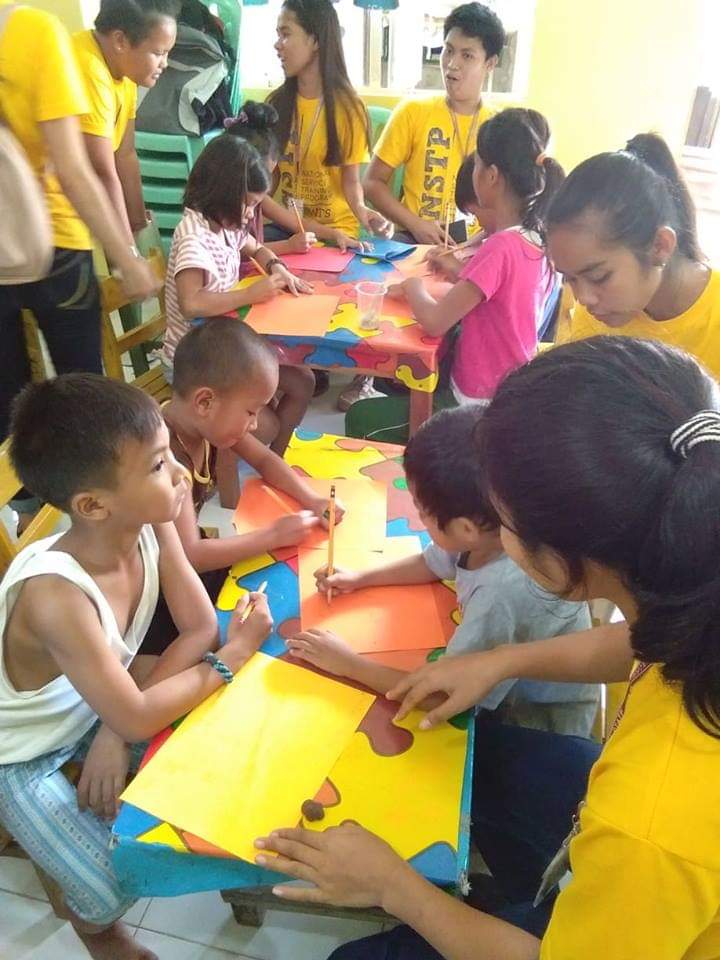
Literacy Training Service (LTS):
LTS aims to enhance the literacy skills of students while addressing community needs. Participants engage in activities such as tutoring, teaching basic literacy and numeracy skills, and conducting educational programs in marginalized communities. SorSU students involved in LTS contribute significantly to improving the educational landscape of Sorsogon through their active participation in various literacy initiatives.
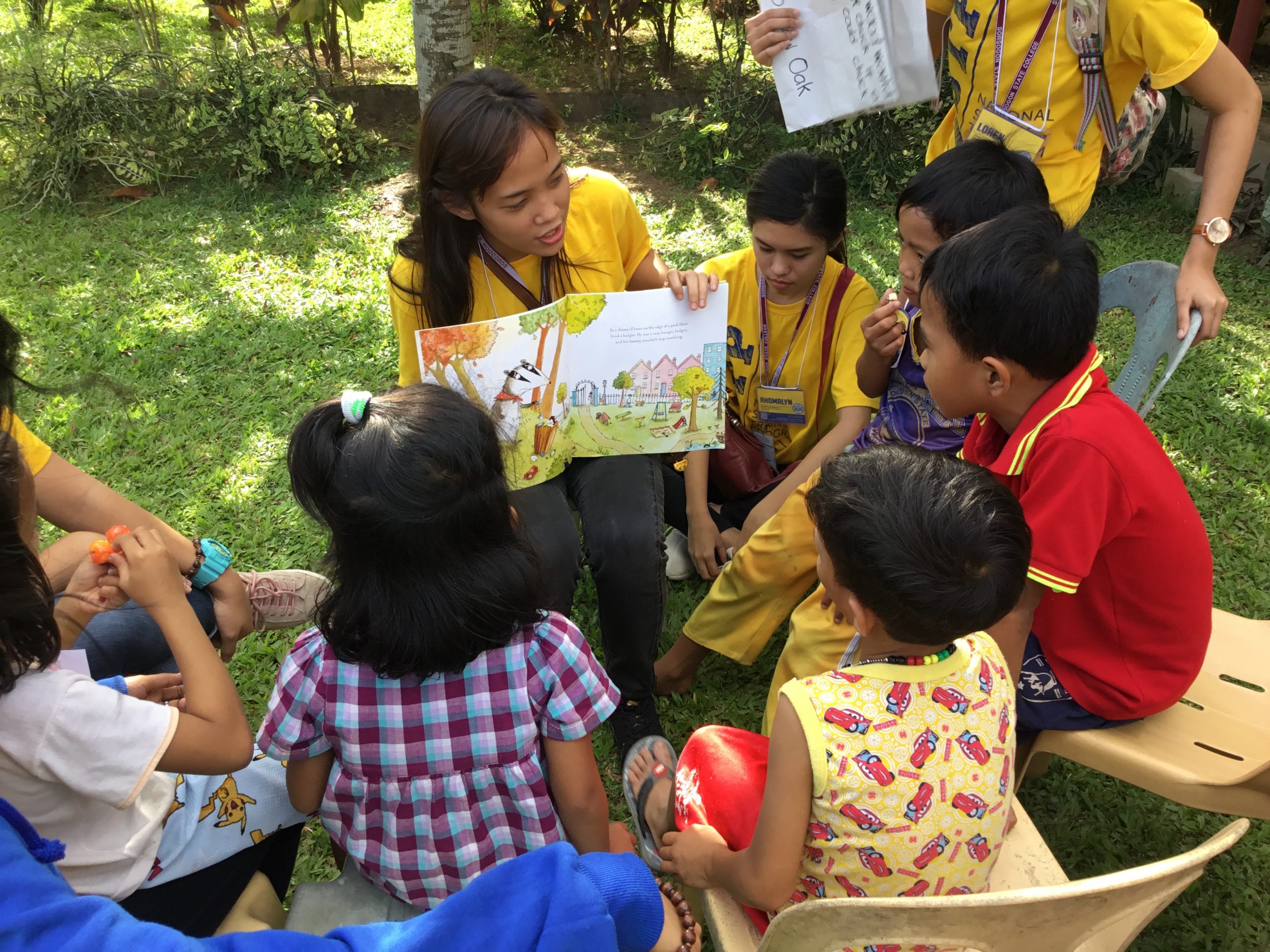
Literacy Program
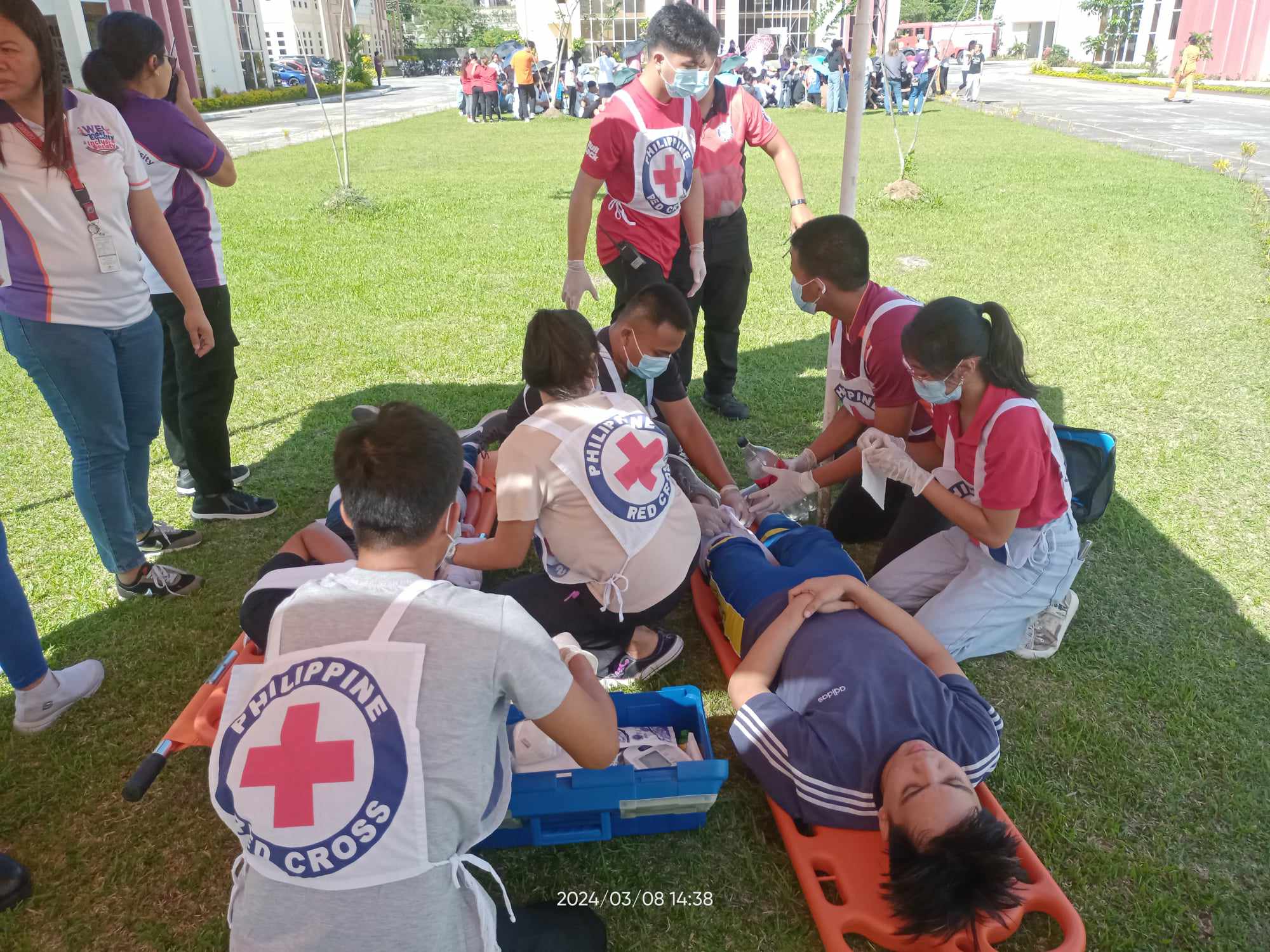
Community-Based Disaster Risk Reduction Management
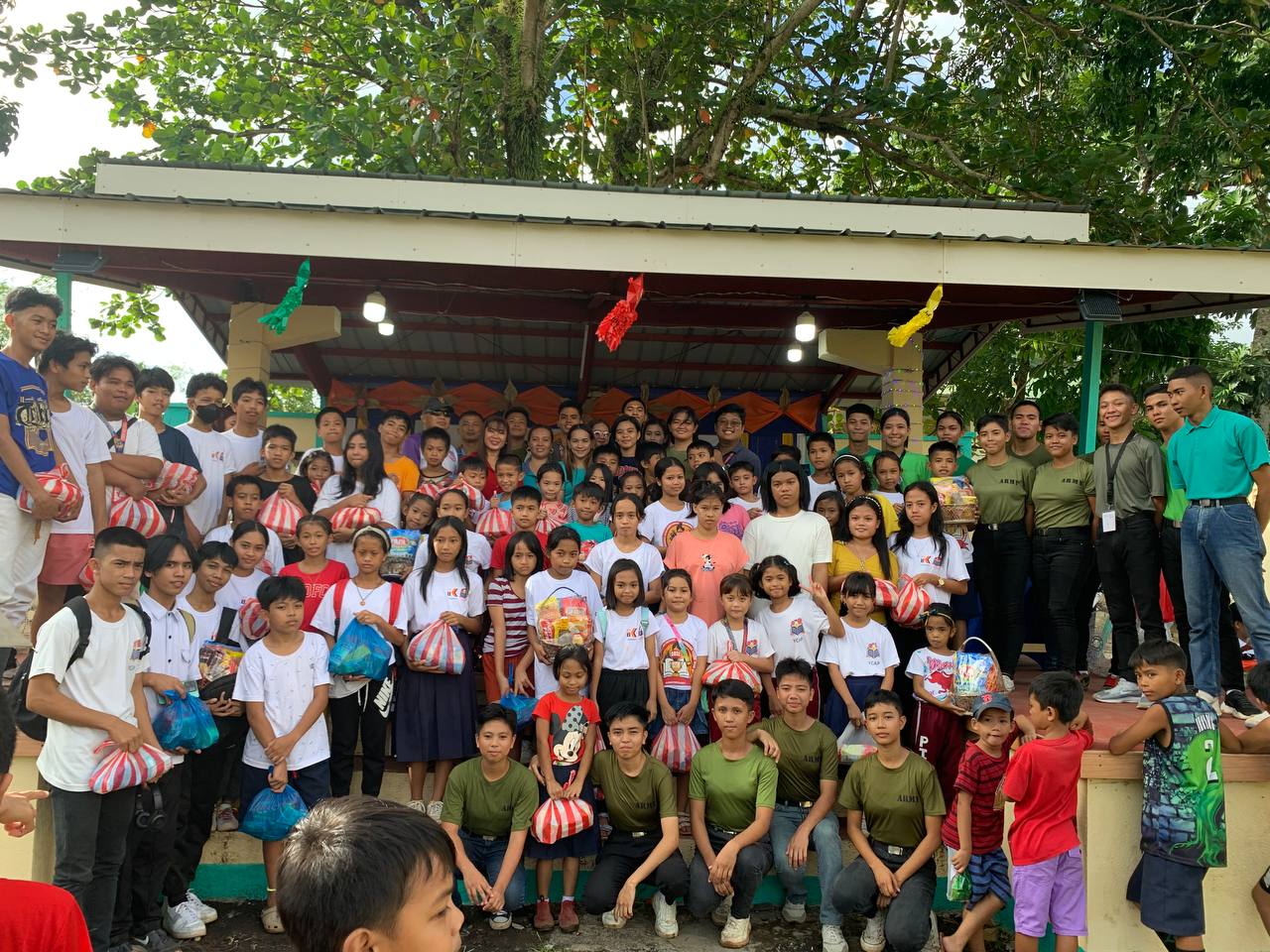
Socio-Economic Development
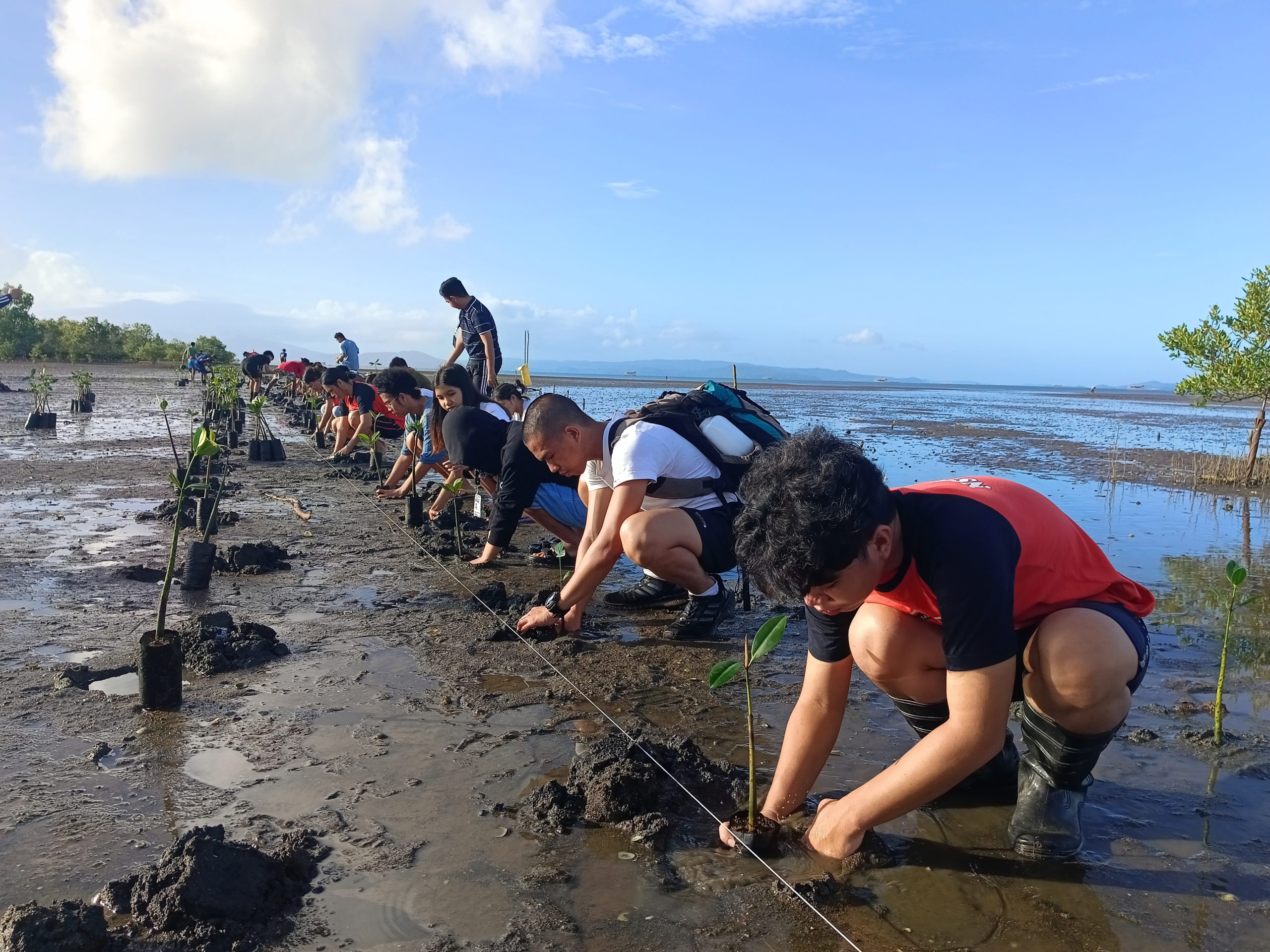
Environmental Protection
SorSU KAAGAPAY
The NSTP Kaagapay organization of Sorsogon State University (SorSU) stands as a beacon of community service and solidarity, embodying the university’s commitment to holistic development and social responsibility. Kaagapay, which translates to “partner” or “ally” in English, reflects the collaborative spirit that defines SorSU’s approach to civic engagement and nation-building.
Under the National Service Training Program (NSTP) umbrella, the SorSU Kaagapay serves as a platform for SorSU students to actively engage with marginalized communities, offering support, assistance, and companionship to those in need. Through a range of community-based initiatives and projects, Kaagapay empowers students to make meaningful contributions to society while honing their leadership skills and fostering a sense of empathy and compassion.
One of the key pillars of NSTP Kaagapay is its focus on inclusive development. By prioritizing the needs of marginalized and underserved communities, Kaagapay endeavors to create a more equitable and inclusive society where everyone has access to opportunities for growth and advancement. Through various outreach programs and socio-economic projects, Kaagapay strives to uplift communities, enhance their resilience, and promote sustainable development.
Additionally, NSTP Kaagapay emphasizes the importance of cultural sensitivity and mutual respect in all its endeavors. By embracing diversity and celebrating the rich tapestry of Filipino culture, Kaagapay fosters an environment of understanding and acceptance, transcending barriers and building bridges of solidarity within the community.
Moreover, NSTP Kaagapay serves as a catalyst for personal transformation and social change. By immersing themselves in real-world challenges and working alongside community members, students develop empathy, critical thinking, and problem-solving skills that are essential for effective leadership and civic engagement. Through experiential learning and hands-on experiences, Kaagapay empowers students to become agents of positive change in their communities and beyond.
In essence, NSTP Kaagapay embodies the spirit of bayanihan, where individuals come together as allies and partners to address pressing social issues and create a brighter future for all. Through its unwavering commitment to service, solidarity, and social justice, Kaagapay inspires hope, fosters resilience, and cultivates a culture of compassion and cooperation that transcends boundaries and transforms lives.
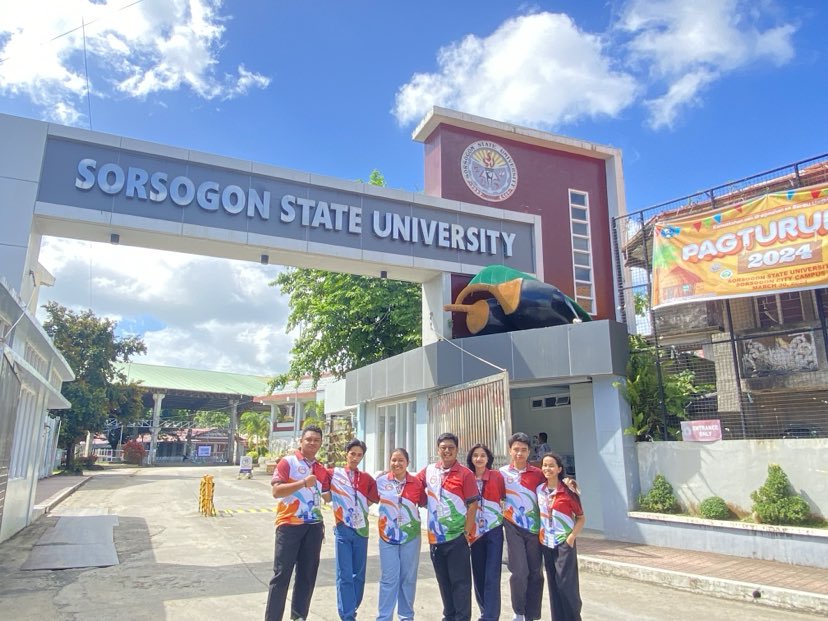
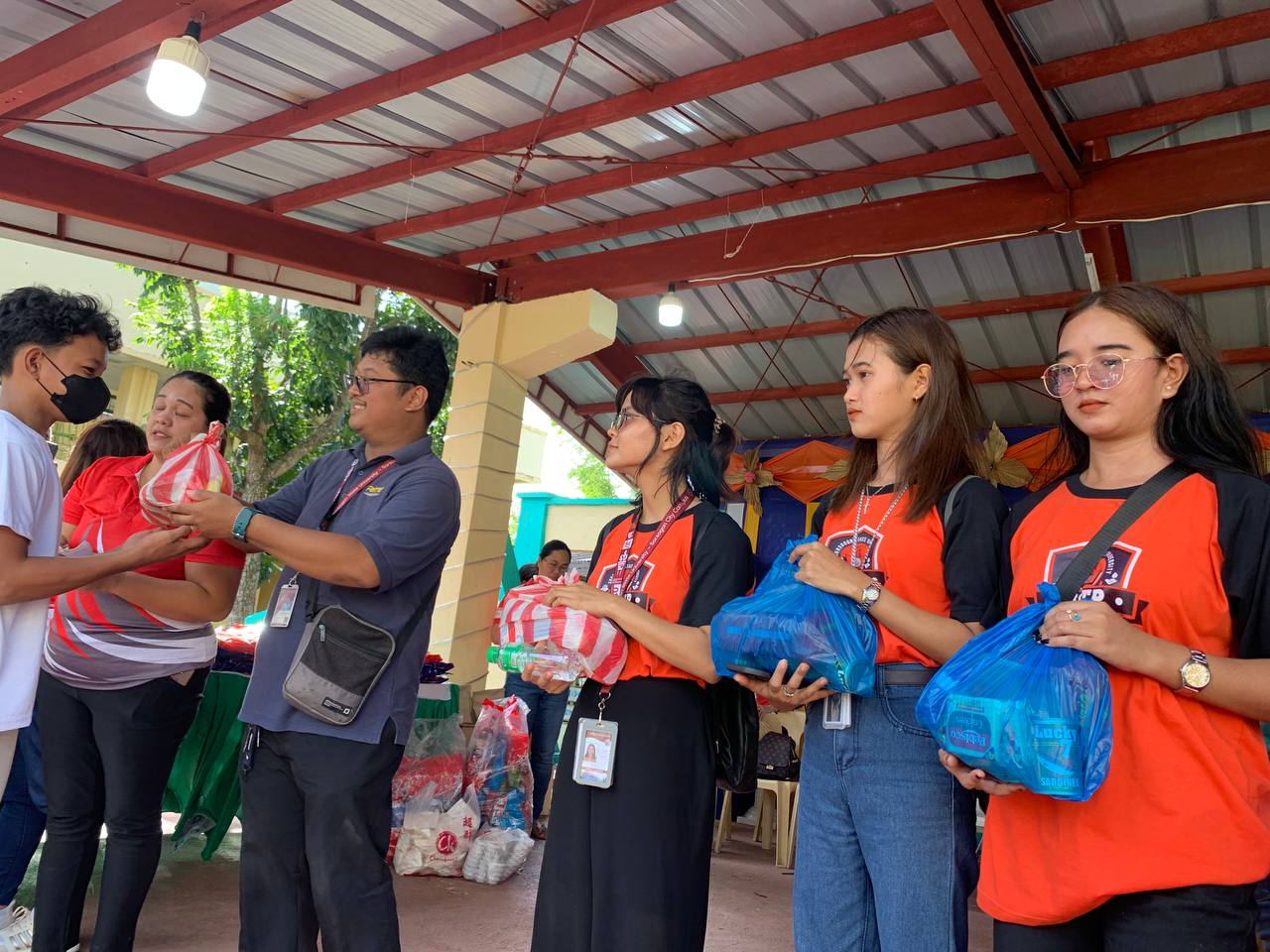

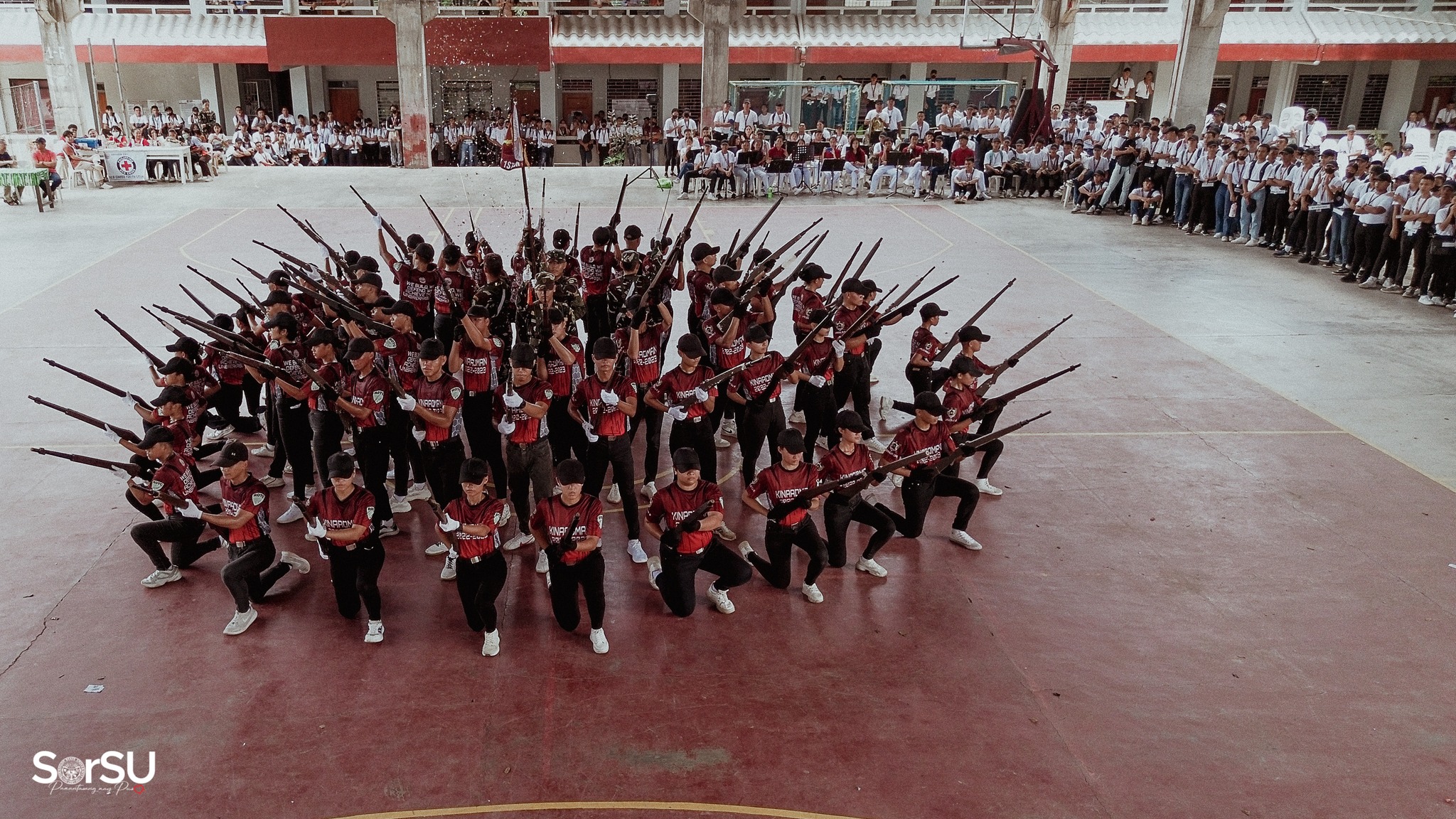
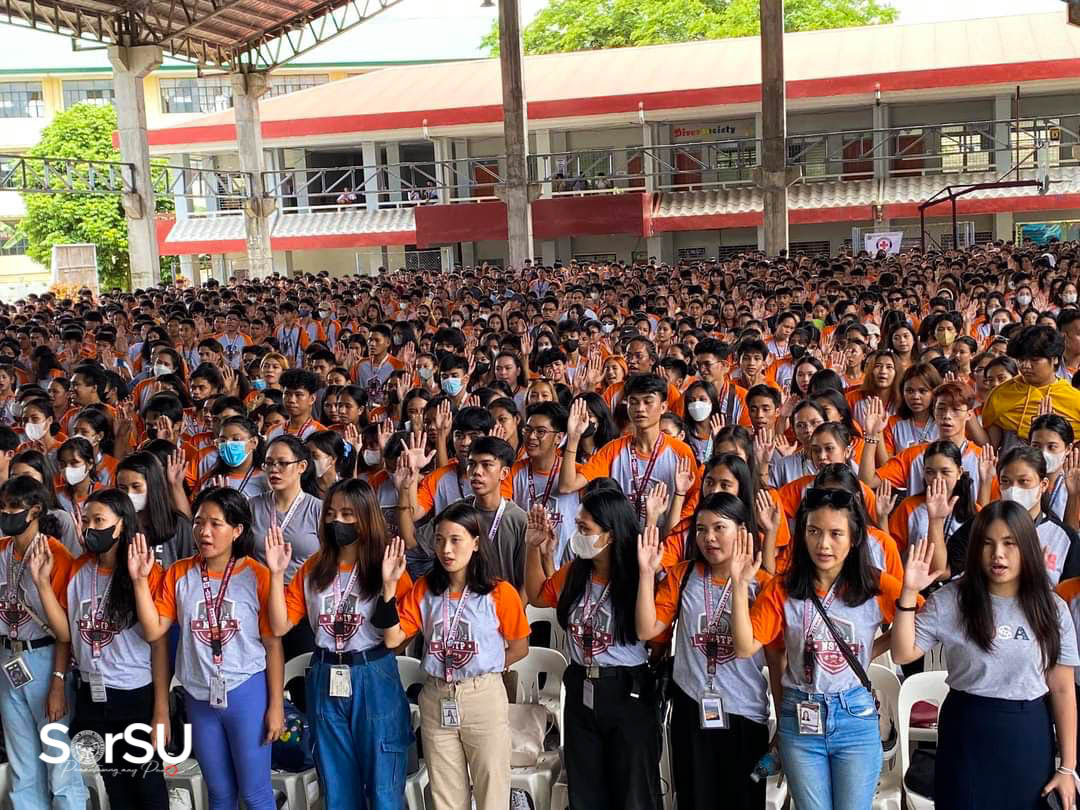
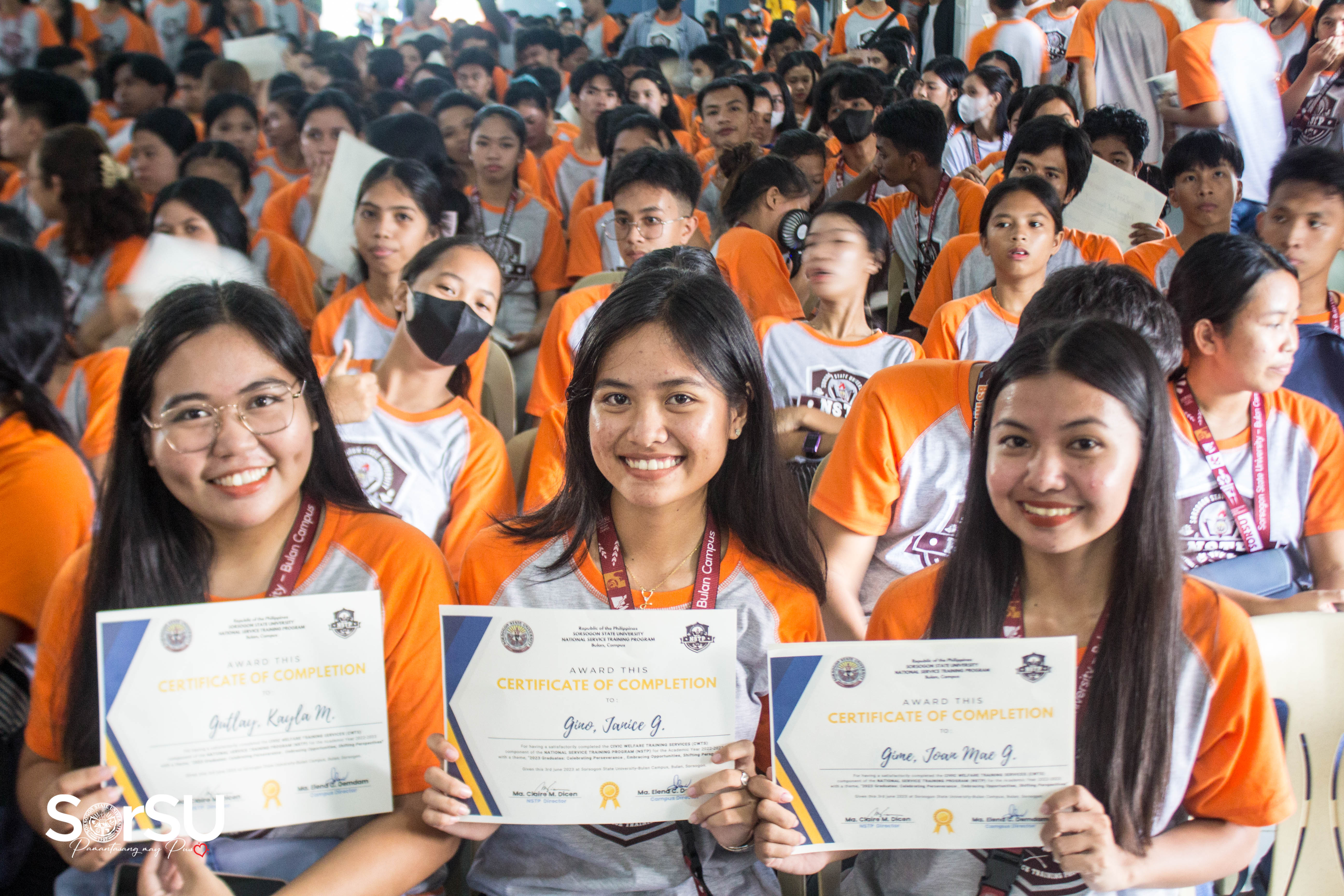
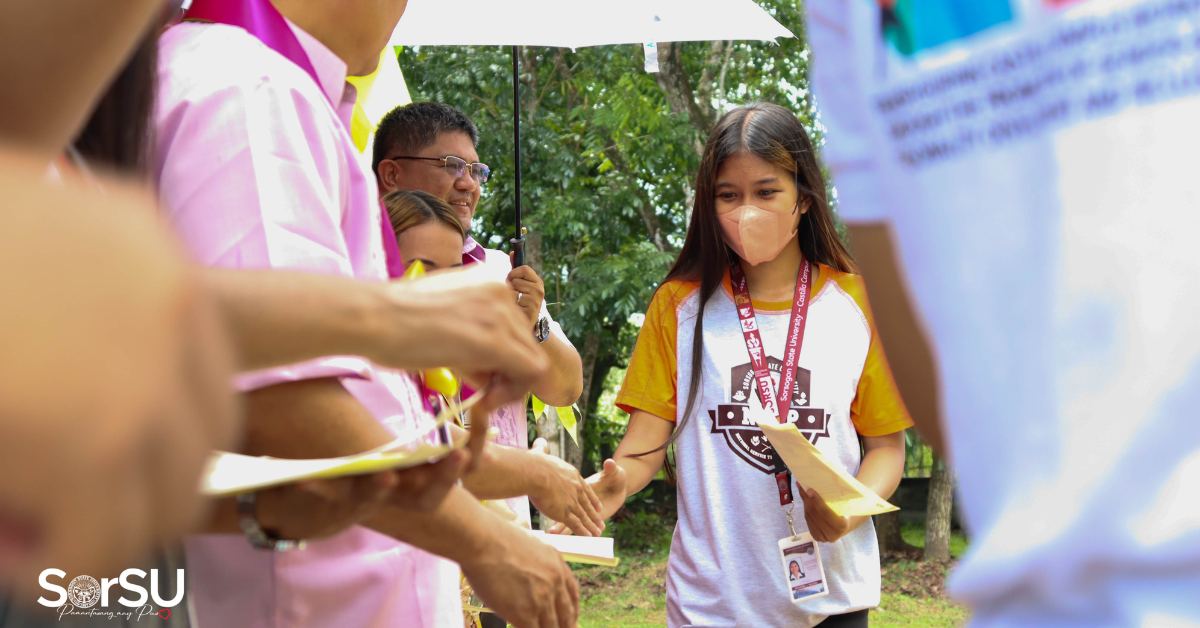
FEATURED VIDEO: NSTP REFLECTIONS
Watch Ms. Amara Esller’s Literacy Training Service Journey through this short video, featuring her efforts to her community during the onset of the COVID-19 pandemic.
